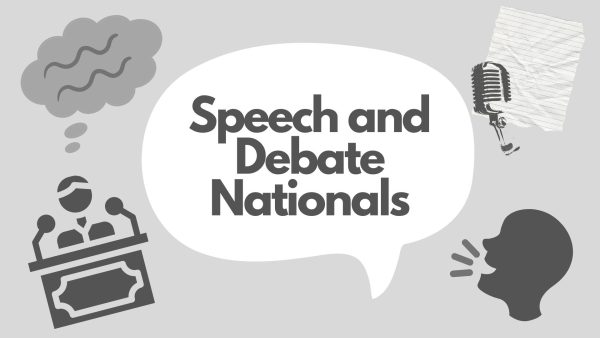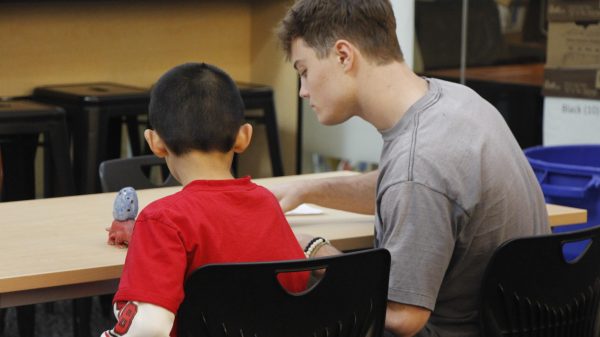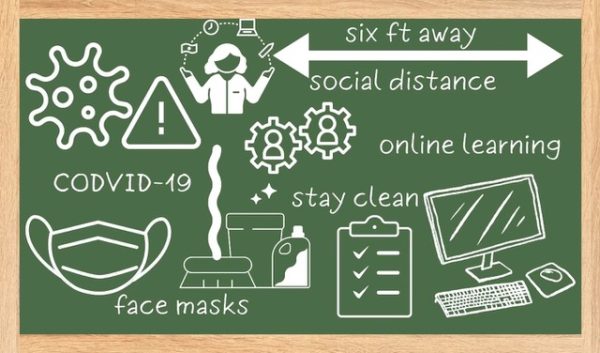Don’t panic
There is a high-stress level during finals, and a recent study reported that up to 31% of students primary source of stress is because of finals. While everyone responds to stress differently, panic attacks are more severe. “If you think negatively, you’re going to panic. However, if you think positively, you’re going to cope,” Edmund J. Bourne, author of ‘The Anxiety and Phobia Workbook Sixth Edition’ said.
“My number one skill would be to find people whom I trust and go to a place where I feel safe.” Sophie Jonker, sophomore said. “it is so overwhelming when in it I just like to ride it out with the people who care about me.”
Five percent of the population will experience panic attacks at some point in their lives, and for the people surrounding this five percent “I think simple things like asking what you can do [ to help] because every situation is different.” Rylee Allen, Sophomore, said. “Also, less judgment would help because people can’t help when they panic.”
In classes teachers, teach the material differently, but when it comes to panic attacks, “Most people just assume it’s just you being dramatic when in fact it’s impossible to function when caught up in a panic attack,” Jonker said. “The difference between normal stress and panic attack stress is that normal stress has a fraction of the weight as a panic attack does.”
Anxiety disorders are highly treatable, yet only 36.9% of those suffering receive treatment. “Panic attacks are condensed and [they happen] for no reason. School stress is different. It’s not condensed, it’s relatable.” Taylor Lindsay, Sophomore, said.
Panic attacks happen because of an imbalance in the brain. Our brain senses danger and your body then will go through fight, flight, or freeze. “But you can master panic attacks by figuring out the circumstances that allow them, if you are familiar with the circumstances that trigger an attack you’ll be prepared when it comes,” Bourne said.
“It won’t last forever, tell yourself that when you’re in the moment, and you feel like it’ll never stop,” Allen said.
Lindsay added, “let people know you’re having one, rely on your friends. They’re there for a reason.”
For Jonker, meditation is where she goes when she’s caught up in negative headspace. “I meditate for at least three minutes a day, and it just allows me to take a step back from the panic before it gets a chance to escalate.”
Your donation will support the student journalists of West Linn High School. Your contribution will allow us to continue to produce quality content by purchasing equipment, software, and continuing to host our website on School Newspapers Online (SNO).

The need for a second home was eating at Zoe Barnett, junior, so much that she would take on anything that would make her feel at home. This attitude can...

A real renaissance woman, Gillian McMahon, senior, has been a part of the journalism program since freshman year. Starting in yearbook and quickly working...


























![Game, set, and match. Corbin Atchley, sophomore, high fives Sanam Sidhu, freshman, after a rally with other club members. “I just joined [the club],” Sidhu said. “[I heard about it] on Instagram, they always post about it, I’ve been wanting to come. My parents used to play [net sports] too and they taught us, and then I learned from my brother.”](https://wlhsnow.com/wp-content/uploads/2024/03/MG_7715-2-1200x800.jpg)





![The teams prepare to start another play with just a few minutes left in the first half. The Lions were in the lead at halftime with a score of 27-0. At half time, the team went back to the locker rooms. “[We ate] orange slices,” Malos said. “[Then] our team came out and got the win.”](https://wlhsnow.com/wp-content/uploads/2023/10/IMG_2385-1200x800.jpg)





![At the bottom of the third inning, the Lions are still scoreless. Rowe stands at home plate, preparing to bat, while Vandenbrink stands off to the side as the next batter up. Despite having the bases loaded, the team was unable to score any runs. “It’s just the beginning of the season. We’re just going to be playing out best by June, [and] that’s where champions are,” Rowe said.](https://wlhsnow.com/wp-content/uploads/2024/03/IMG_3077-1200x900.jpg)







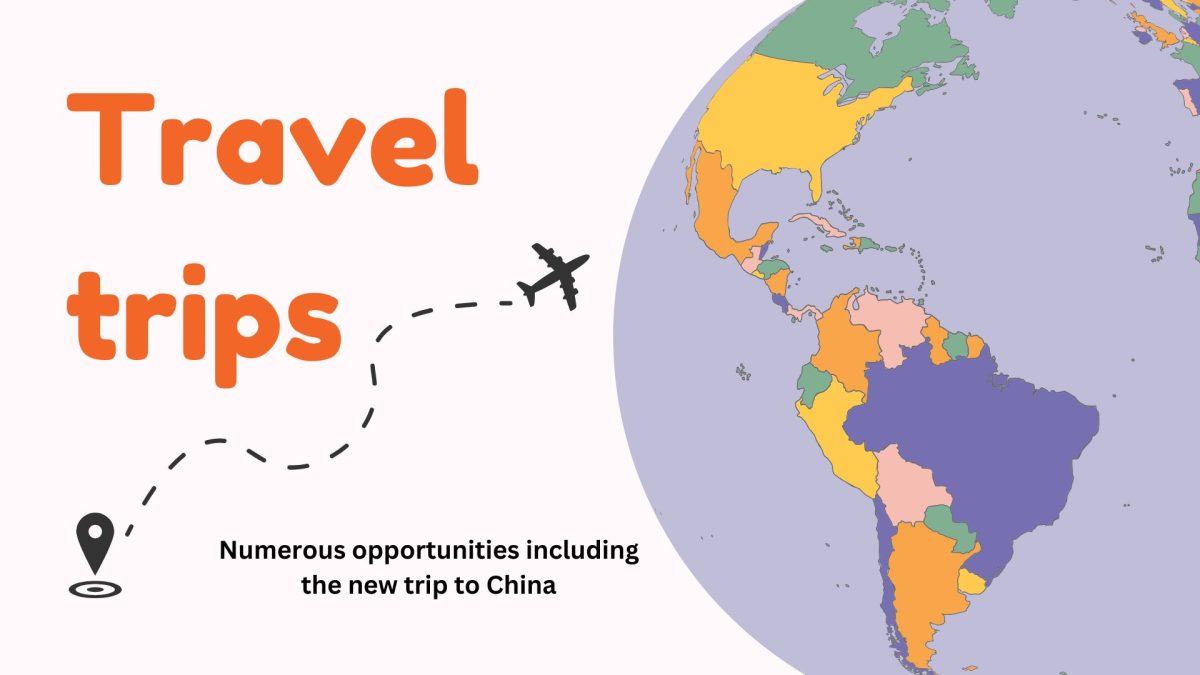



























































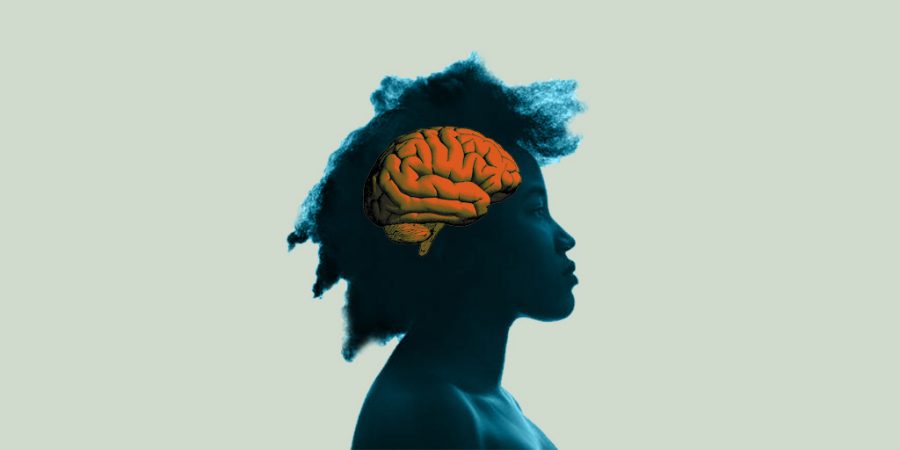
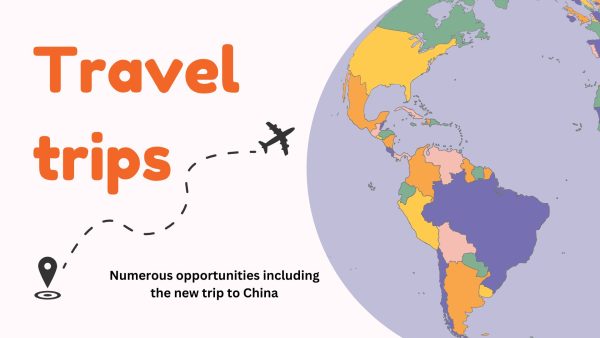
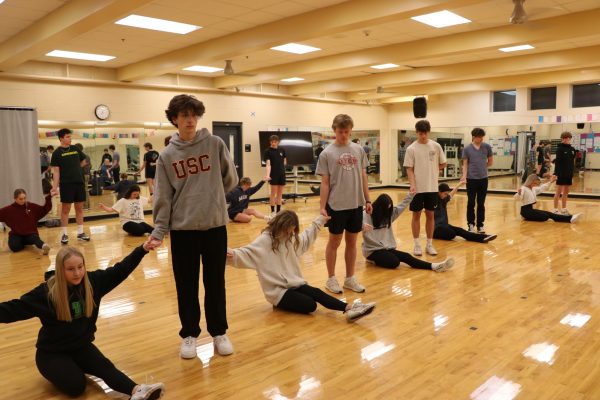

![Game, set, and match. Corbin Atchley, sophomore, high fives Sanam Sidhu, freshman, after a rally with other club members. “I just joined [the club],” Sidhu said. “[I heard about it] on Instagram, they always post about it, I’ve been wanting to come. My parents used to play [net sports] too and they taught us, and then I learned from my brother.”](https://wlhsnow.com/wp-content/uploads/2024/03/MG_7715-2-600x400.jpg)
